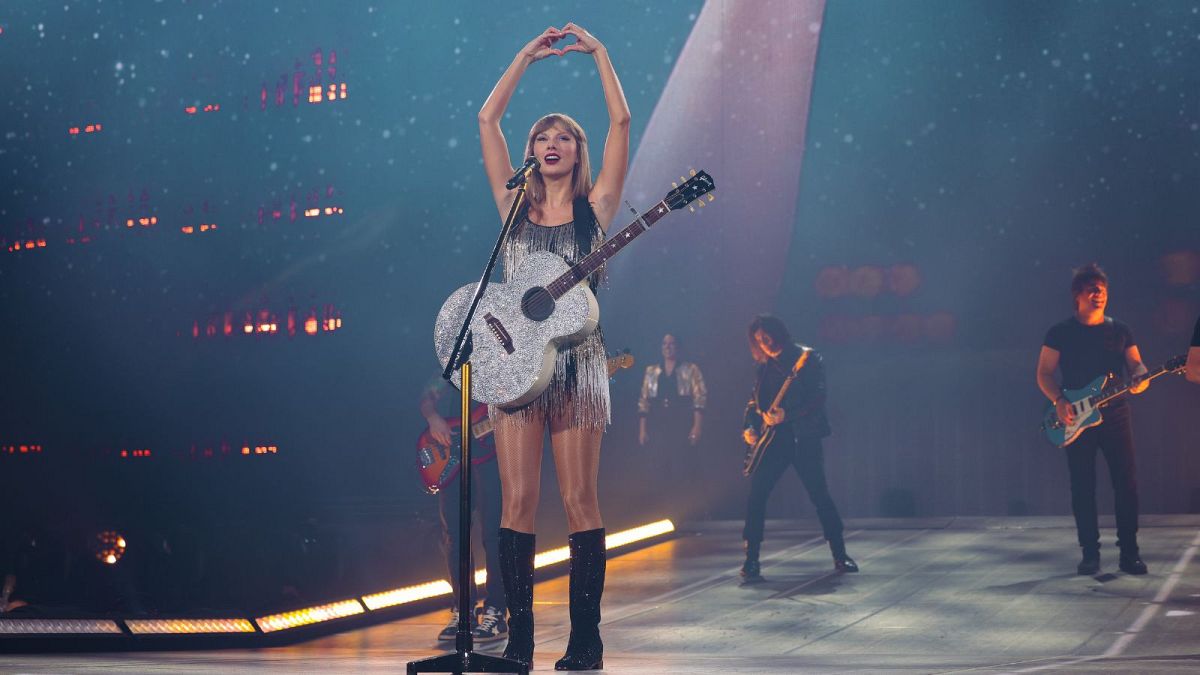CELEBRITY
From Taylor Swift to Olympics host, how can Europe’s largest indoor venue be sustainable?

Sustainability in Paris La Défense Arena
– *Reducing energy consumption*: The arena aims to reduce energy consumption by 40% and achieve an 80% recycling rate by 2025.
– *High-tech insulation*: The arena has high-tech thermal and acoustic insulation to limit energy needs, ensuring consistent temperatures of around 16-25C.
– *Cold water system*: Instead of conventional air conditioning, the arena relies on a cold water system that releases chilled water vapor to keep spectators cool.
– *Solar panels*: The arena has 34 solar panels on its massive roof, capable of handling 250 tonnes of weight, which power an adjoining brewery.
– *Rainwater collection*: The building collects rainwater, funnelling it into an 800-meter cubed storage tank under the car park, used to water the lawn.
– *Waste management*: The arena has an on-site waste sorting center, sifting through trash to ensure more is sent off for recycling. It has stopped the use of plastic water bottles.
– *Sustainable pools*: Once the Olympic swimming pools are no longer needed, the water will be channelled into La Défense district’s heating network. The pools will be divided into 25-meter units and moved to local community centers.
Challenges and Solutions in Sustainability
– *Transportation*: The biggest challenge is transportation, particularly for touring parties.
– *HVO-powered lorries*: HVO (hydrotreated vegetable oil) -powered lorries are a “great first step,” but need government support to incentivise tours away from more polluting forms of travel.
– *Government support*: Future EV fleets need government support to incentivise tours away from more polluting forms of travel.
– *Audience travel*: The greatest challenge for the show itself remains audience travel, so connecting venues to zero carbon transport is an obvious need.
– *Venue actions*: Venues should do what they can in-house, such as switching to renewable power, removing plastic, handling waste better, introducing ticketless systems, creating green spaces and increasing low carbon food options.











